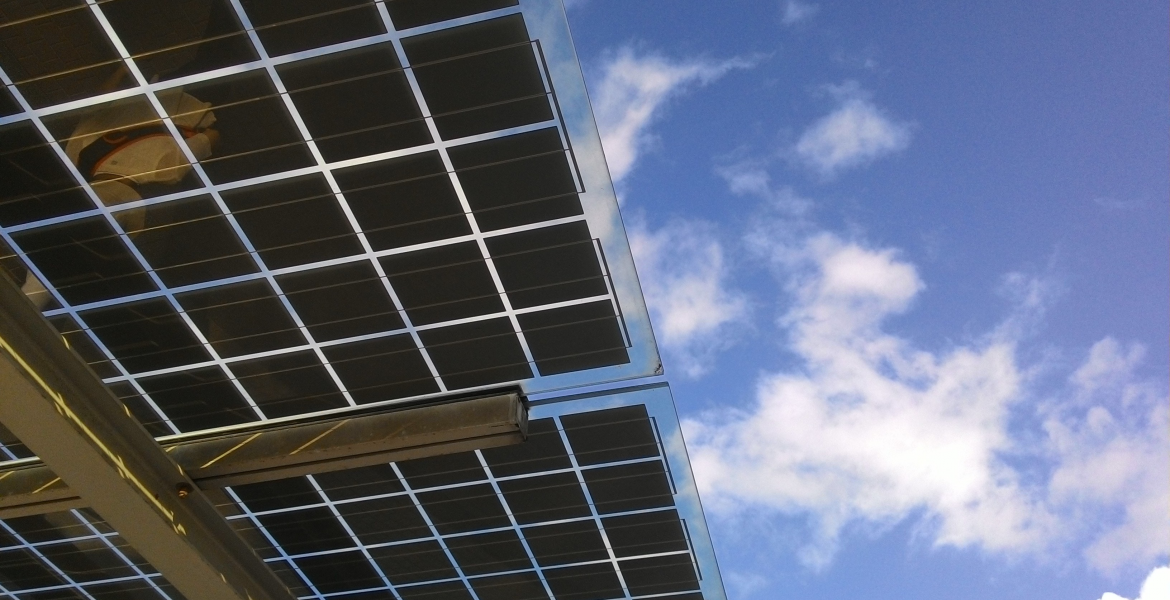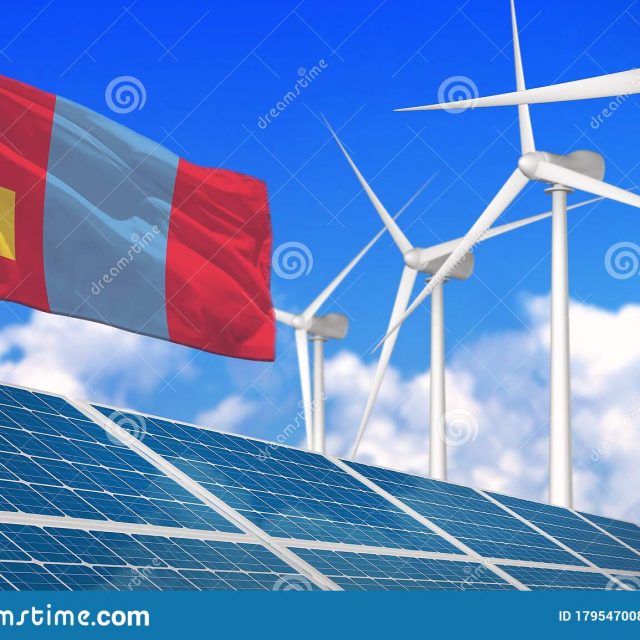In its yearly opinion on the State of the Energy Union, the European Economic and Social Committee (EESC) has taken stock of the progress made so far and calls on the European Commission to focus more on social aspects.
It says, “The Energy Union is not a reality yet. It may be a reality in terms of EU policy decisions, but it is still not a reality in the daily lives of European citizens.”
Christophe Quarez took a firm stand at the EESC July plenary session, when he reiterated in the opinion he drafted and that was adopted by the assembly, that the energy transition had not yet happened on the ground. “Now that EU policy makers have laid the foundations of the Energy Union, a lot remains to be done in the next few years,” he said.
The change of format in the decision-making process for energy policy, both at EU and national level, is key: we need to move from “decisions by a few” to “action by all”.
The transformation of Europe’s energy system will be swifter, cheaper and more democratic if it is put in place by people who increasingly become its active consumers, prosumers, workers, crowdsourcers and crowdfunders.”This has never been so achievable,” added Quarez, “given the rise in climate awareness among EU citizens, especially Europe’s young people.”

Welcoming the Fourth Report on the State of the Energy Union released by the European Commission in April 2019, the Committee expresses once again its support for the objectives of the Energy Union and stresses the importance of the engagement and mobilisation of European society in its entirety to take full ownership.
Citizens should drive the energy transition and nobody should be left behind.
The social implications of these changes have to be considered. Europe needs a new social pact between all parties involved: the EU, Member States, regions, cities, social partners and organised civil society. It should be part of the European Pillar of Social Rights and cover all social aspects, including quality job creation, vocational training, consumer education and training, social protection, specific plans for transition regions where jobs are lost, and health.
Energy poverty should also be tackled. The Energy Union can be developed in such a way that it becomes an opportunity to eradicate the problem in Europe.
The launch of the Energy Poverty Observatory is a first step in this direction and a European action plan should be drawn up to ensure that public action increasingly targets its root causes. It is important to extend the mandate and resources of the Observatory to cover not only heating poverty, but also cooling poverty and mobility poverty.
Citizens should be able to constantly contribute to all major political decisions relating to climate change, especially at EU level. A permanent citizens’ dialogue should be set up, where the watchwords are transparency and accountability: input into the dialogue should be publicly available as well as information on how the concerns raised are taken into account. People must feel close to the dialogue and be in a position to interact through Internet platforms, face-to-face meetings and direct contact with the public at large.
With reference to the 2020 energy and climate targets, the Committee urges the Commission to make sure that these are respected by Member States. National governments often have different views on the subject and there is sometimes a difference between what they vote for in Brussels and what they implement at home.
In addition, given the growing importance of climate change as a key EU political topic, both in people’s perception and in the programmes of the political parties, the EESC calls on the next European Commission to make the fight against climate change a top priority for its 2019-2024 term. The Committee recommends giving it a face by creating the position of first vice‑president responsible for climate action, Commissioner or another high-level figure.




